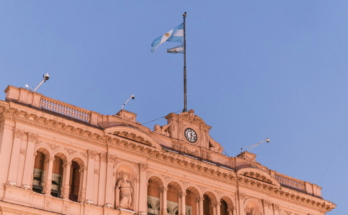Polite descriptions of Turkish President Recep Tayyip Erdoğan’s economic policies go something along the lines of “unorthodox” or “going against the grain.”
Put more bluntly, his ideas appear to tap into the growing urge of unconventional leaders — and their followers — to challenge truisms long held by the global ruling elite.
Catch up quick: Erdoğan has eviscerated the perception of central bank independence, firing a slew of bank officials that didn’t share his policy views. He’s successfully urged the central bank to slash interest rates — even as inflation surged to an eye-popping 20% on an annual basis.
- Amid these moves, the Turkish lira has shed half its value relative to the U.S. dollar in the last nine months.
Why it matters: The inflation and currency devaluation are devastating for the most economically vulnerable. And zooming out, some investors worry that as markets lose trust in Erdoğan’s policies, a more systemic financial problem could unfold.
- “It shows us that when policymakers try to resolve real economic problems with the wrong tools, they can create further instability in the system,” says Magdalena Polan, lead emerging markets economist for Central Europe and the Middle East at PGIM Fixed Income.
The intrigue: Erdoğan’s expectations about what will happen in Turkey’s economy over the next few years, described in this Bloomberg story, envision a series of speculative assumptions clicking into place, Hollywood script style.
- Chief among Erdoğan’s gambles is that devaluing the currency will make its exports more competitive, spurring economic activity and jobs.
- But the reality on the ground so far is that many of Turkey’s industrial exports still require inputs from abroad. And the plummeting currency makes imports of all sorts more expensive, for both businesses and regular Turkish consumers.
Threat level: Foreign investors, who typically buy much of Turkey’s sovereign debt, are starting to sour on the region, which could lead to challenges in rolling over debt as it comes due.
- “The perceived unorthodoxy isn’t really going to help bolster confidence from foreign investors,” says Chia-Liang Lian, head of emerging markets at Western Asset.



